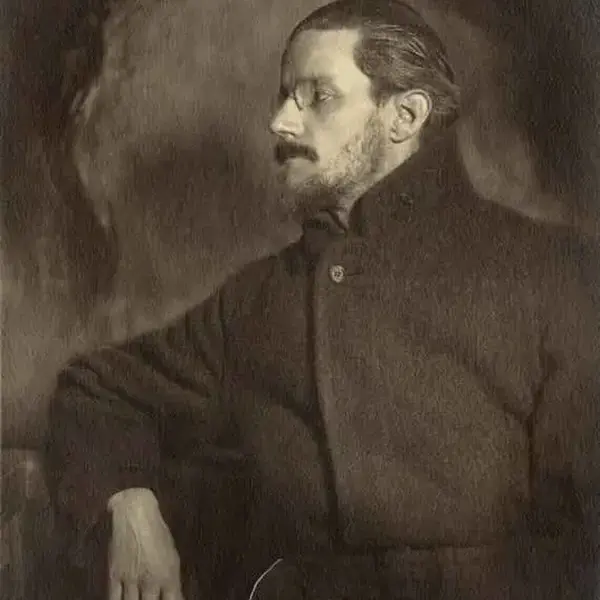
James Joyce and Eileen Joyce Leave Dublin for Trieste, Italy
January 02, 1910
James Joyce, the Irish author and literary figure best known for works like “Ulysses” and “A Portrait of the Artist as a Young Man,” left for Italy in October 1907.
In the summer of 1909, Joyce went to Dublin to present Giorgio to his family. In October in returned to Dublin to supervise the opening of the Volta Cinema, returning to Trieste in January 1910.
The next two years were fairly uneventful, with Joyce teaching privately and in an evening school and still trying to publish Dubliners.
His departure from Ireland was driven by a variety of personal and professional reasons.
Key points about James Joyce leaving for Italy:
Education and Early Career: James Joyce had received his education in Ireland and had initially pursued a career in teaching. However, by the time of his departure for Italy, he had already begun to focus on his writing and was becoming increasingly disillusioned with the social and political climate in Ireland.
Professional and Personal Challenges: Joyce faced difficulties in getting his work published in Ireland, and his contentious relationship with his family, particularly his father, John Stanislaus Joyce, added to the strain he felt in his homeland.
Connection to Italy: Joyce had a deep admiration for Italian culture and literature, and he was drawn to the country by his interest in Italian writers like Dante Alighieri. He hoped to find a more congenial environment for his work in Italy.
Trieste: Joyce settled in the city of Trieste, which was then a part of the Austro-Hungarian Empire but is now in Italy. He would spend several years in Trieste, working as a teacher and continuing to write. Trieste became an important setting in his works, particularly “A Portrait of the Artist as a Young Man.”
Literary Developments: It was during his time in Trieste that Joyce made significant progress in his literary career. He wrote some of his early short stories and began to experiment with narrative techniques that would later become central to his more famous novels.
James Joyce’s decision to leave Ireland for Italy marked a pivotal moment in his life and career. It allowed him to pursue his literary ambitions and laid the groundwork for his future masterpieces, which would make him one of the most influential writers of the 20th century.